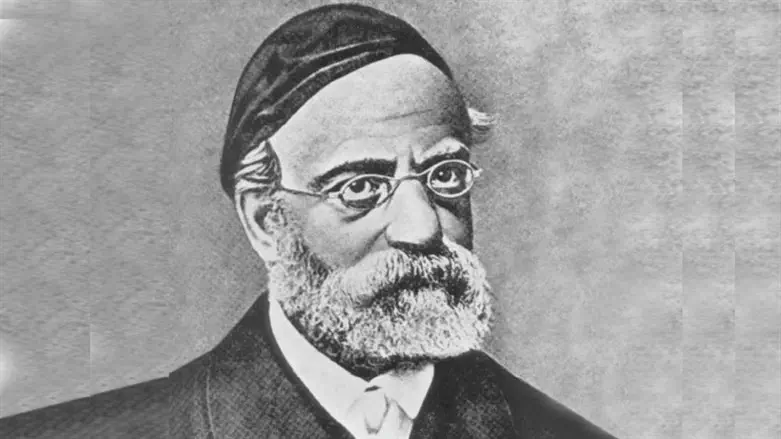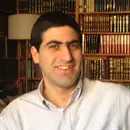
The parshah open with Avraham Avinu seeking to invite pagan guests – “for no others could Avraham expect” – to his tent after having had his bris milah. In other words, his very first act as a Jew was trying to help… non-Jews – and not just ordinary non-Jews, but pagans.
“Nobody could rush more eagerly to obtain a prospective prize than Avraham does here to seize the opportunity, as the first circumcised Jew, to show himself a man to his brother man,” writes Rav Samson Raphael Hirsch.
Many non-Jews see us as “clannish.” We too often see ourselves as such – proudly so. Some even evince disdain for those outside the fold. But this clannishness and disdain is wrong, according to Rav Hirsch.
“‘Although circumcised,’ Avraham remained in his behavior to the non-Abrahamatic world entirely unaltered.” Indeed, “Avraham’s one worry…after his circumcision” was that “people might draw away from him,” Rav Hirsch writes. And so he rushed to find guests to serve.
Amazingly, Avraham even interrupts a conversation with G-d Himself in order to invite pagan guests into his tent. How many of us would even miss a Minchah minyan to feed a non-Jewish guest, let alone disrupt an exclusive personal encounter with G-d Himself?
It all sounds unbelievable, and yet the lesson from the opening of this week’s parshah seems clear. The Torah demands that Jews isolate themselves to some extent (socially and mentally). But the isolation is for a purpose: “for fostering [Avraham-like] humaneness.” We “form the most definite contrast to the world in general but nevertheless…are always to be found ready for all general humane purposes.”
Rav Samson Raphael Hirsch (1808-1888) – head of the Jewish community in Frankfurt, Germany for over 35 years – was a prolific writer whose ideas, passion, and brilliance helped save German Jewry from the onslaught of modernity.
Elliot Resnick, PhD, is the host of “The Elliot Resnick Show” and the editor of an upcoming work on etymological explanations in Rav Samson Raphael Hirsch’s commentary on Chumash.
